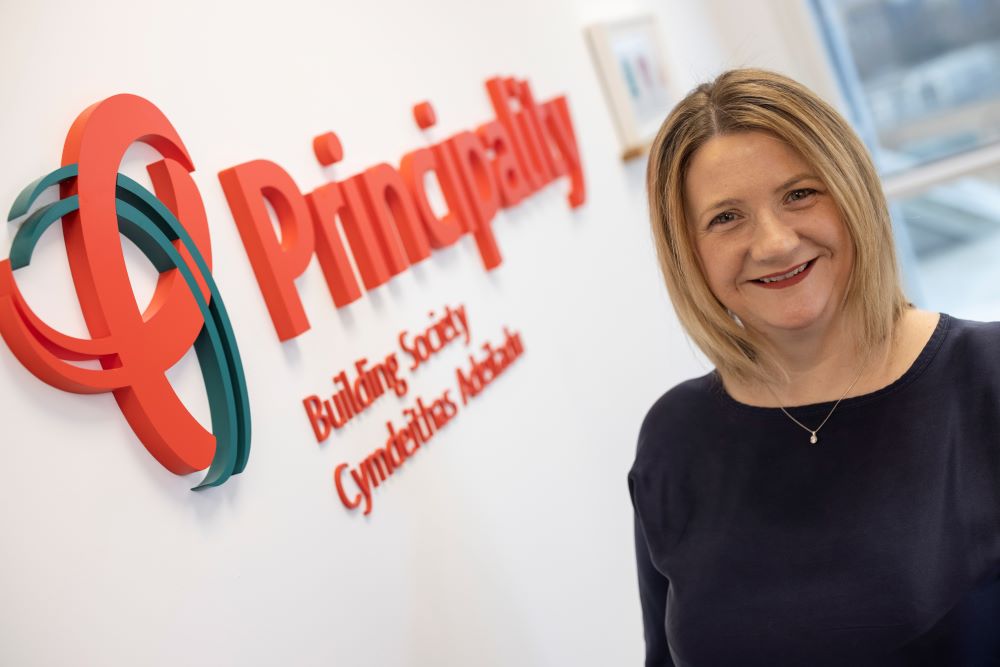Principality introduces climate awareness training for all colleagues

Principality Building Society is introducing climate awareness training for every colleague as part of its commitment to be a more environmentally friendly organisation.
The training allows individuals to understand what climate change is, what causes it and lifestyle changes that could be made to help support the environment, covering the topics of food, home, purchases and travel. The training, delivered over two workshops and an assessment, also discusses climate justice and organisational, community and society wide change to stop the effects of climate change.
The workshops, which have been developed and delivered by Principality’s own colleagues, will be made available to the Society’s 1,000 staff over the next year including Board members.
This climate news comes as Wales’ largest building society has recently announced its commitment to be carbon zero as an organisation by 2030, following a partnership with environmental experts ClimatePartner UK, who will support Principality in how the organisation measures, reduces and offsets its carbon footprint both now and in the coming years.
Julie-Ann Haines, Chief Executive Officer, Principality Building Society said:
‘‘We’re proud to be launching the climate awareness training for colleagues as it has been both developed and implemented by our Environmental Champions network, a group of colleagues across the business who are passionate about supporting the environment in Wales and the wider world. For the past six months, our colleagues have been designing, trialling and gathering feedback on the training to ensure its success across the business.
‘’It’s really important that we take action to become a more environmentally sustainable business for our members, colleagues, communities and the wider society. We switched to using renewable energy in our offices a few years ago, and our flexible working policy will see colleagues being given the option of whether they return to office in 2022, which should reduce our greenhouse gases through employee commuting even further. These will be the first of many changes in ensuring we achieve our commitment to be carbon neural in 2022 and net zero by 2030.’’




